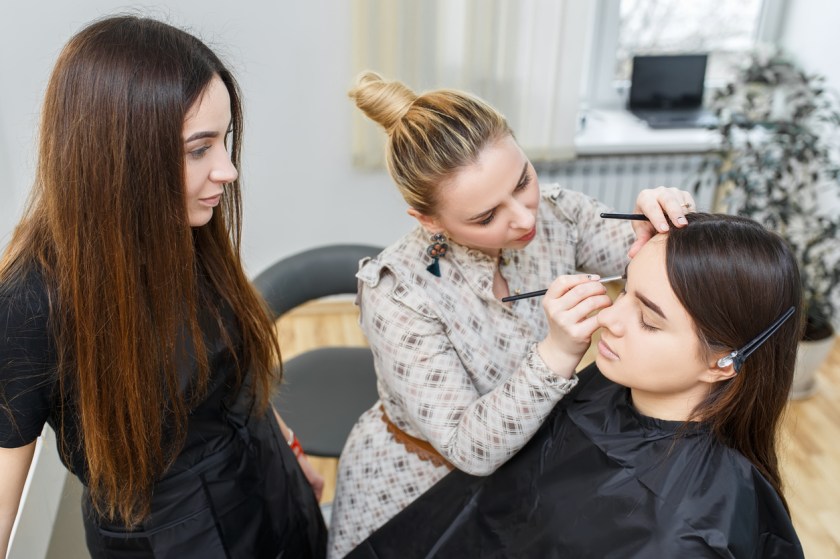In the aesthetics industry, experience is everything. Employers will typically seek out the most experienced candidates when filling a position, and clients will always prefer to book with the most advanced therapist on offer. But there is a flip-side to years, or in many cases decades, spent in the industry – and that’s letting your skills go out of date.
Savvy business owners and therapists know the importance of keeping on top of trends, but this can mainly only focus on new skincare ingredients, formulations, devices or technology, and what will get customers through the doors. But how are you updating your own skill set to incorporate these new trends?
Consider how the industry has changed since completing your original qualifications. This may have been 10, 20 or even 30 years ago, and in such a fast-paced industry, things can change drastically overnight – let alone a decade! And forget skincare ingredients, how many new services have been introduced to the market since your days as a student, that you still haven’t even been trained in? Mist brows, lash lifts, PRP, Belkyra – there are countless treatments that have gained immense popularity over the past several years alone, and the list will only continue to grow in years to come. Brow trends alone tend to change around once per year!
National Training Manager for Ella Bache, Gina Cook, says it’s crucial for therapists to continue upskilling regardless of their level.
“It’s very important. Upskilling is essential at any level in the beauty industry. It’s such a dynamic industry, with so many advancements in technology, products and techniques. While the knowledge of the beauty therapist will initially come from their Diploma, at Ella Baché it’s an ongoing education process to keep up with what clients are expecting and how we can offer them result driven solutions for both treatments and products. For example; new product ingredients are structured to have diverse benefits to the skin, therapists need education and a thorough understanding of how these products can give the best results based on the client’s skin condition and matching the product back with complimentary products in their routine.”
“In some cases there are changes to industry regulations and both the therapist and owner will need to comply with these regulations via short courses etc. Certainly using skincare technology requires a different skill set, changes in the equipment along with combination of product and equipment require education and training. Anything regarding the use of technology and compliance within the industry is extremely important.”
It’s also crucial, says Gina, for only appropriately-qualified practitioners to carry out procedures like injectables, as governing legislation is soon to be bolstered to reduce the number of recent incidents caused by poorly trained or under-qualified practitioners. Clients are frequently swayed by the smaller price tag that comes attached to untrained practitioners – which sadly often results in dire consequences for the patient.
“In the field of technology or the use of injectables offered by practitioners is in a separate field to the Beauty Therapist and certainly requires stringent qualifications and skills. The ongoing training for practitioners is governed by not only upskilling but also legislations. These legislations are becoming increased to ensure safety and prevent any injury. It’s essential for therapists to receive ongoing training in-salon and for therapists to touch base with national training managers at least once every 6 months.”




